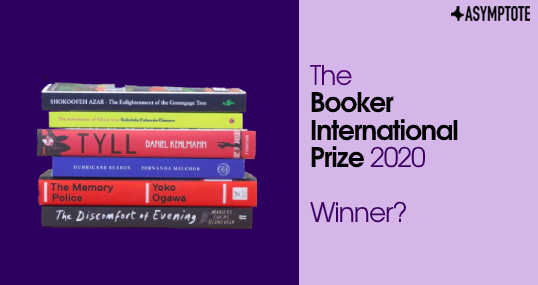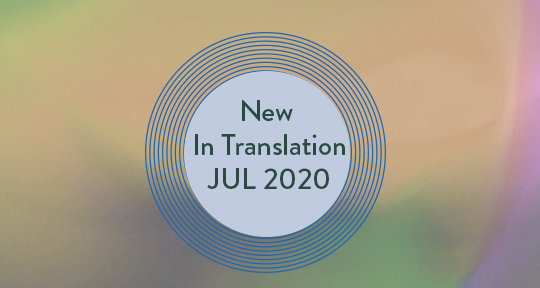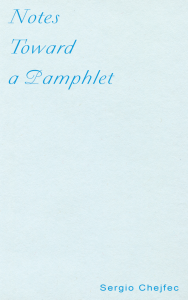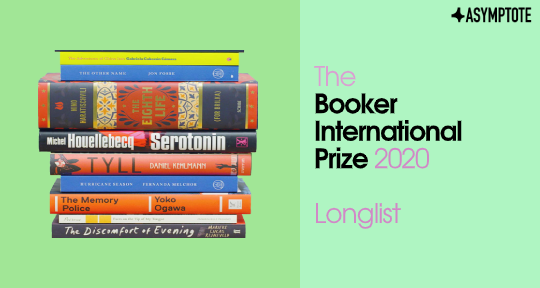True to its title and Sagasti’s style at large, our July Book Club selection reads like a Bachian fugue: it features countless shifts in pace, genre, tone, and content, but it weaves them into soulful patterns; it’s filled with deliciously nerdy in-jokes, but it ultimately strikes a universal chord. How does one transcribe such a complex score into English, making sure its author’s voice still sings? Fionn Petch has done it twice (he translated Sagasti’s Fireflies to great acclaim in 2018), and here he talks about it at length. One of many priceless takeaways: don’t get lost in theory—get lost with the author in a maze-like garden crammed with sculpture-poems instead.
The Asymptote Book Club aspires to bring the best in translated fiction every month to readers around the world. You can sign up to receive next month’s selection on our website for as little as USD15 per book; once you’re a member, you can join the online discussion on our Facebook page!
Josefina Massot (JM): Like Fireflies, A Musical Offering flaunts a striking variety of literary genres: narrative, essay, aphorism, the occasional script-like quotation, and even something like blank verse (e.g., a fragment on the Voyager probe towards the end of ‘Sky Ants’). You’ve translated fiction, poetry, drama, and children’s books, among other things; did your experience with these different genres come in handy when translating Sagasti? Is there a genre you particularly enjoy working with?
Fionn Petch (FP): First of all, I’d like to thank you for a wonderfully insightful and deeply thoughtful review in Asymptote. It’s no exaggeration to say it brought new perspectives to the book for me.
Yes, it’s true that the short sections that comprise A Musical Offering switch between styles very rapidly. Sometimes, readers barely have time to find their bearings before they are propelled onto the next one. Of course, this is also a reflection of the swift changes in pace in the Goldberg Variations—which rather undermines the story that it was composed as a cure for insomnia! So in translating, it was important to be alert to these abrupt changes in tempo and intensity, and to what Sagasti is trying to get across with each section: evoke a feeling, make a subtle observation, set up an unspoken echo with another passage, or just convey a piece of information. Even the disarmingly straightforward segments that read like a line from a biography or encyclopedia require careful attention to how they are structured, as they have a very deliberate weight and emphasis. These are what Sagasti describes as ‘poetic facts.’
So there’s no doubt that all the genres you mention are relevant to draw on. You need a poetic ear for the specific weight of single words, a dramatist’s attention to gesture and glance—Sagasti is very precise in describing these—and you also need the innocence and sense of wonder often found in children’s literature. Of all the genres you mention, this last is undoubtedly the hardest to translate . . . But they all have their pleasures and challenges. READ MORE…








